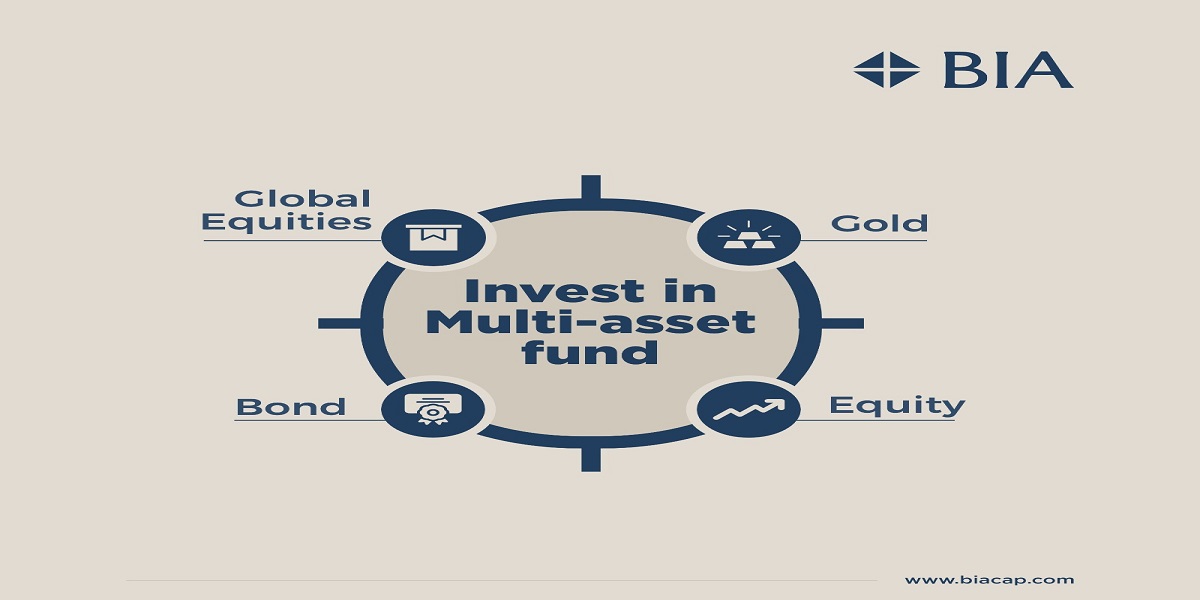You cannot predict what the future holds, but you can prepare for it.
The importance of a contingency fund has been very evident during the current covid-19 crisis.
A job loss, a natural calamity, major illness, or an accident are contingencies that may happen to anyone. During difficult times when one needs to recover a financial setback or burden can be more harmful. But if you have a contingency fund you will be most relieved.
What is an Emergency/ Contingency fund?
An emergency fund is a fund that helps you carry on with your normal life in case of any contingency. The fund helps you finance the most obligatory expenses, the expenses which are absolutely necessary. They include your household expenses like food, Rent, your EMIs, School fees, Medical bills, Insurance premiums, etc.
How to build an Emergency/ Contingency Fund?
Set aside an amount equivalent to at least six months’ worth of fixed expenses in a fund that is easily accessible. You can set aside the funds in parts or in a lump sum. The first step in securing your financial stability is to build an emergency fund.
How to start?
Prepare a basic budget of your expenses. Sum up the Fixed/ obligatory expenses you incur every month or annually. Following are some examples
a. Food
b. House Rent
c. EMIs
d. Bills – electricity, telephone, etc.
e. School Fees
f. Insurance Premium
g. Salary of support staff
h. Basic repairs
i. Transportation cost – basic
At least six months of fixed expenses should be kept aside as a contingency fund.
Where to Invest?
For your contingency fund, your investment should be
a. Free from market risk – The purpose of the investment is free cash available when required so it has to free from market risk.
b. Easy to access – Investment should be done in products where there is no lockin period.
c. Interest Bearing – The purpose of the fund is not to generate returns, but don’t turn down the opportunity to earn interest on your savings.
Investment Options for a Contingency fund
a. Separate Bank Account – Park the funds in a separate bank account. rather than the one you use for your normal spending. You can select a savings bank account with a sweep-in facility wherein amounts above a limit transfer to a fixed deposit which generated better returns than a saving account and it can be easily converted into liquid money when required.
b. Money Market Funds – Overnight Funds, Liquid Funds, Ultra Short term funds & low duration funds are good options to invest your contingency fund. The above funds are easily accessible and also generate a bit higher than the normal bank accounts.
Conclusion
A contingency fund acts as a safety net and protects you from a financial crisis. It also protects your hard-end savings and protects you from falling into debt.



